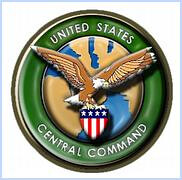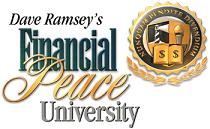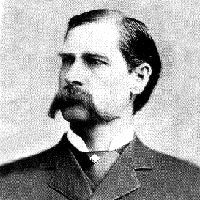Why Stay?
Chris Matthews interviewed Howard Dean, and was actually asking Dean to hastefully cut and run. He wasn't even trying to hide it. And thinking about that reminded me of other difficult wars we've fought in the past, and how the choices in those wars affected us today.
There was one war which we were involved in that took the lives of some 25,000 Americans, and lasted nearly 8 years. The United States could have just given up after 4, and been done with it. America ciuld have bowed down to the enemy and gone on with their own lives. Battle after battle in the war weakened the morale of the soldiers, but they kept on pushing, because they knew the end justified the means.
There was another war, that lasted 4 bloody years, and took the lives of over 200,000 United States Citizens. From teenagers, to retirees, this war was far and away one of the worst things that America has ever had to face. And at the time, the newly elected President had to decide what was best for the country. To keep fighting through the death and the toil, or to run back home, and throw in the towel.
The first war gave us the greatest thing we have, The United States of America. Up until the battle of Saratoga in 1777, the United states could never seem to win a key battle. Then It happened. The British were defeated, at Saratoga, and morale for the Americans grew. More and more men joined the fight to become a soveriegn nation, and because of determination, they succeeded.
The next war kept this country together. Republican Abraham Lincoln came into office with a divided nation, and less than a month after he took the oath, Ft. Sumter was fired upon. The war was seen by many as going to be quick, and painless. People even would sit on their lawns and watch the battles from afar for entertainment. But as the toll grew, and the weeks turned into months, then the months turned into years. What would have happened if Lincoln and the rest of the United States had just given up and left?
Why stay? Because the end justifies the means.









































<< Home